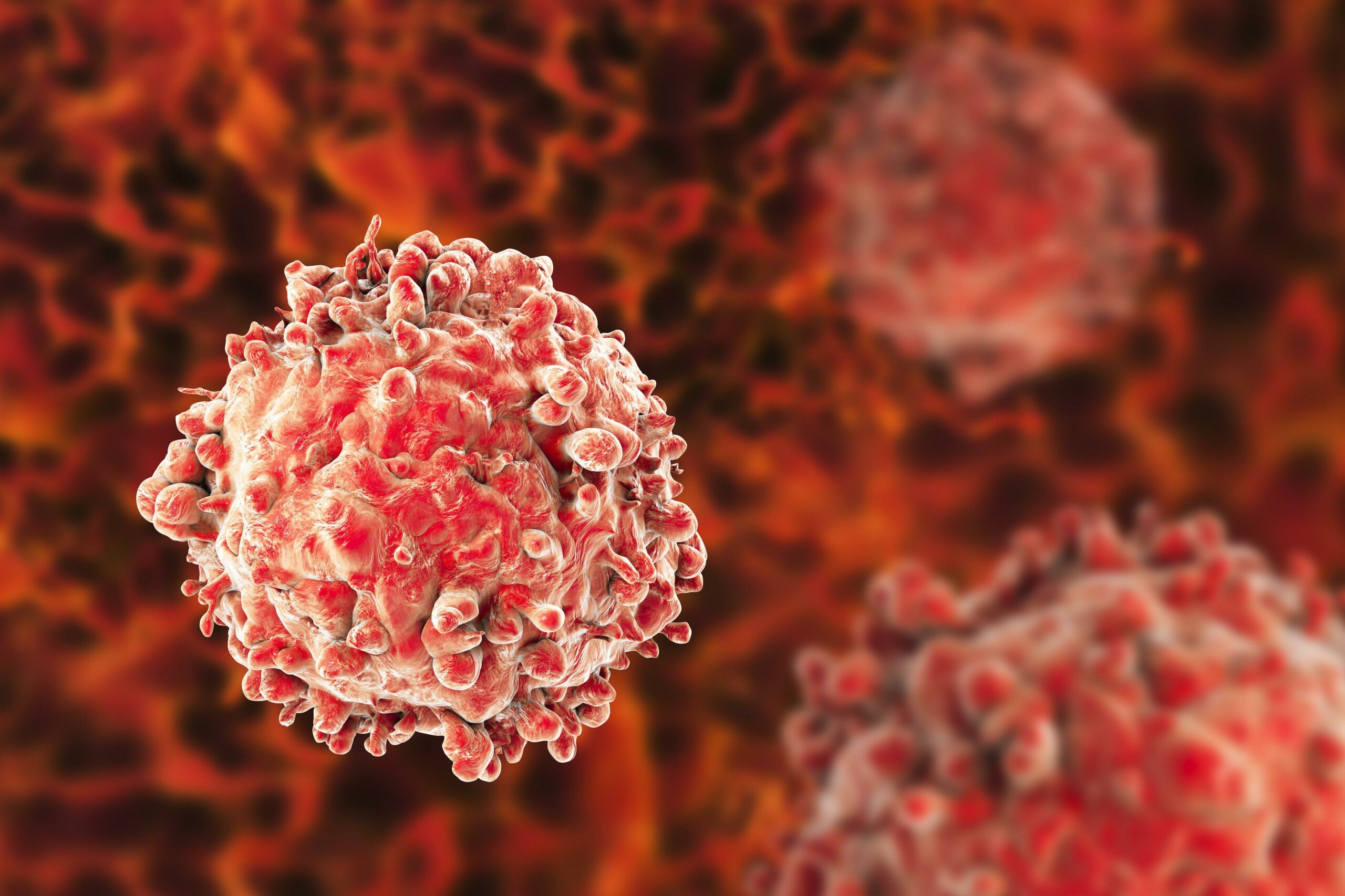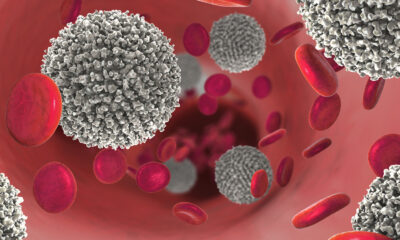Latest News
Akeredolu: 10 things to know about Leukemia

Leukemia is a type of cancer that affects the blood and bone marrow, leading to the overproduction of abnormal white blood cells. Here are 10 important things to know about leukemia:
-
Definition:
- Leukemia is a cancer of the blood and bone marrow, characterized by the rapid production of abnormal white blood cells. These abnormal cells crowd out normal blood cells, leading to various complications.
-
Types:
- There are four main types of leukemia: acute lymphoblastic leukemia (ALL), acute myeloid leukemia (AML), chronic lymphocytic leukemia (CLL), and chronic myeloid leukemia (CML). The classification is based on the type of white blood cell affected and whether the disease progresses rapidly (acute) or slowly (chronic).
-
Causes:
- The exact cause of leukemia is often unknown, but certain risk factors may increase the likelihood of developing the disease. These factors include exposure to high levels of radiation, certain chemicals, genetic predisposition, and certain pre-existing conditions.
-
Symptoms:
- Common symptoms of leukemia include fatigue, weakness, frequent infections, unexplained weight loss, easy bruising or bleeding, swollen lymph nodes, and pain in the bones or joints.
-
Diagnosis:
- Diagnosis involves blood tests, bone marrow biopsy, and imaging studies. The presence of abnormal cells in the blood or bone marrow, along with other diagnostic criteria, helps confirm the diagnosis.
-
Treatment:
- Treatment for leukemia depends on the type and stage of the disease. Common treatment options include chemotherapy, radiation therapy, stem cell transplant, and targeted therapy. The choice of treatment is personalized based on individual factors.
-
Prognosis:
- Prognosis varies widely depending on the type of leukemia, age of the patient, overall health, and response to treatment. Some forms of leukemia have a high cure rate, while others may be more challenging to treat.
-
Bone Marrow Transplant:
- A bone marrow transplant may be recommended for certain cases of leukemia, especially when high-dose chemotherapy or radiation is used to eradicate the cancer cells. This procedure involves replacing diseased bone marrow with healthy marrow.
-
Lifestyle Considerations:
- Patients undergoing leukemia treatment may need to make lifestyle adjustments, including managing fatigue, maintaining a healthy diet, and taking precautions to avoid infections.
-
Supportive Care:
- Supportive care is an essential component of leukemia treatment. This includes managing symptoms, addressing emotional well-being, and providing nutritional support. Support groups and counseling may also be beneficial for patients and their families.
























